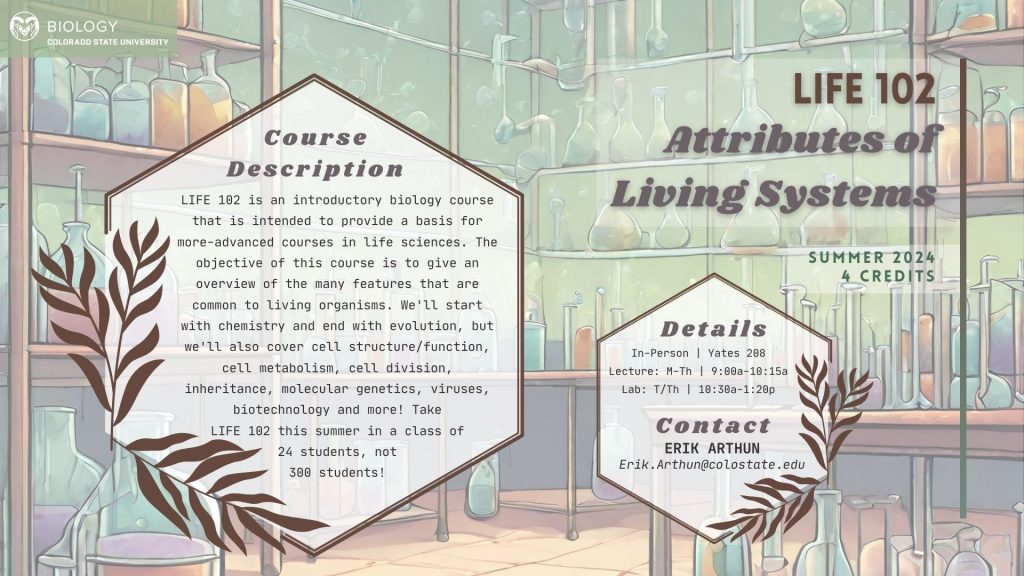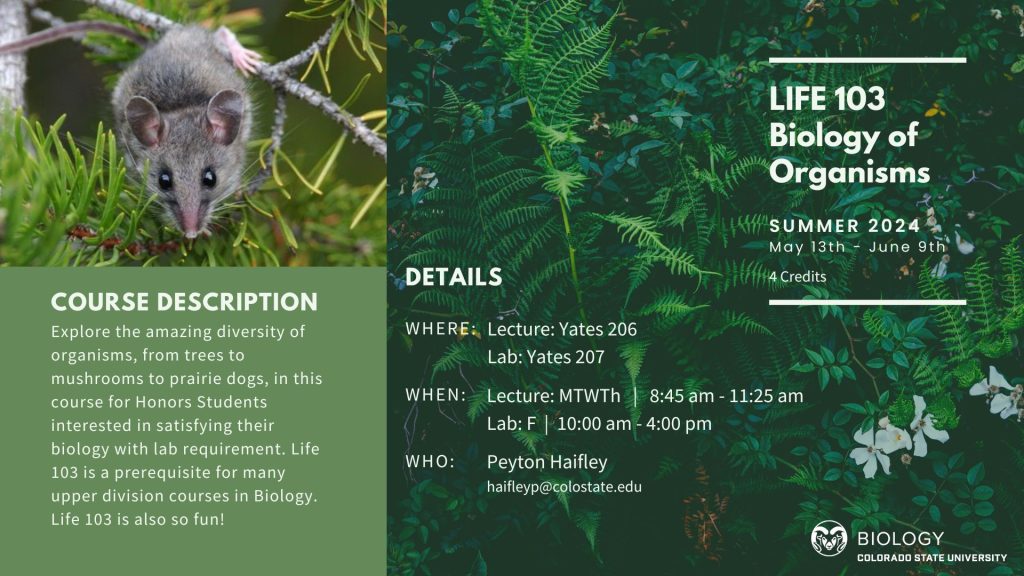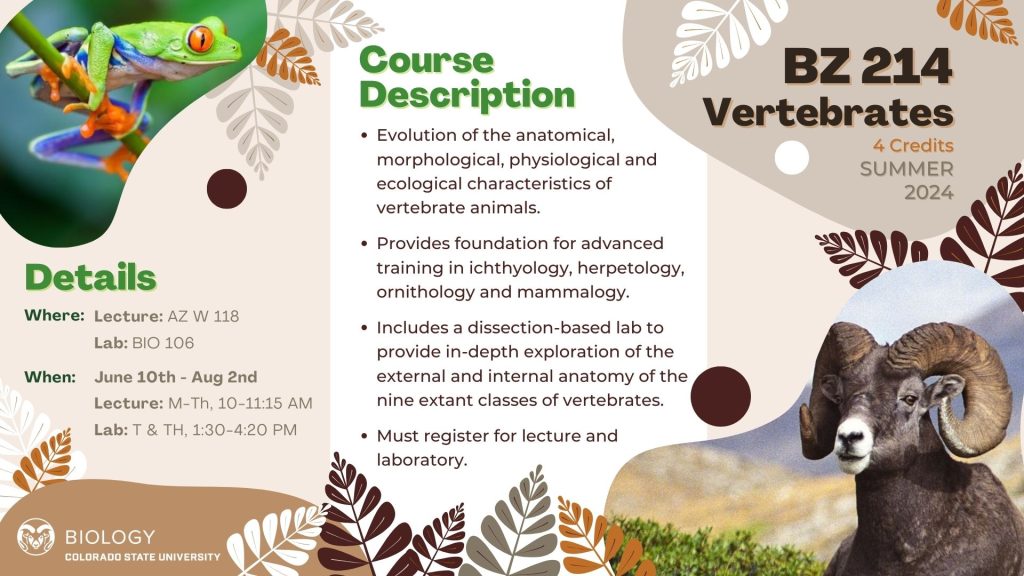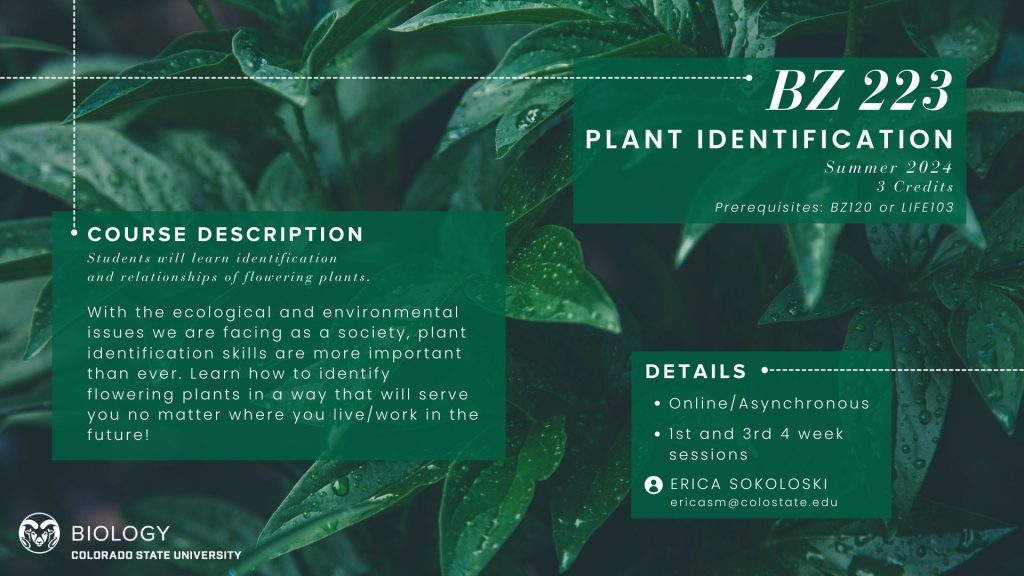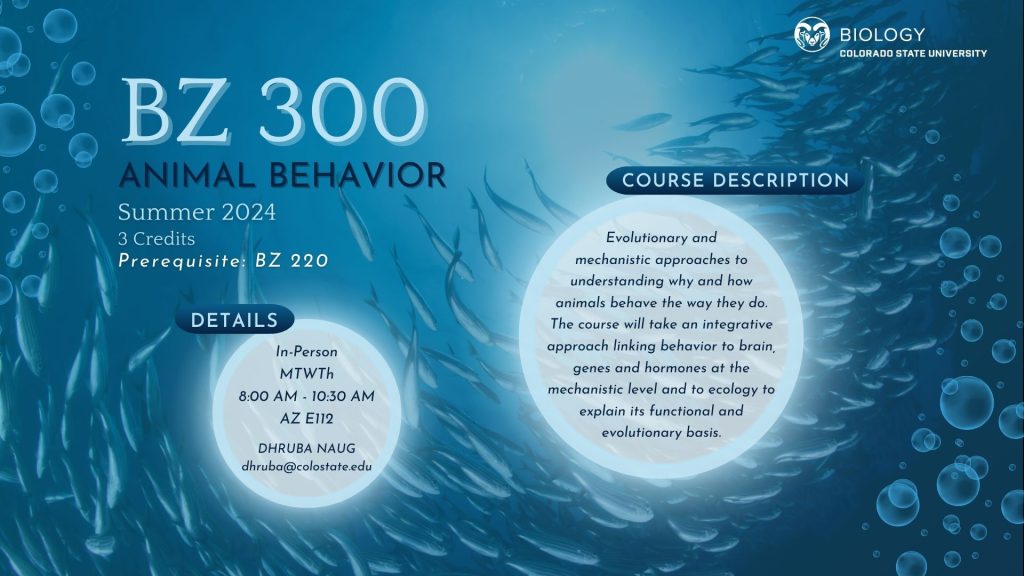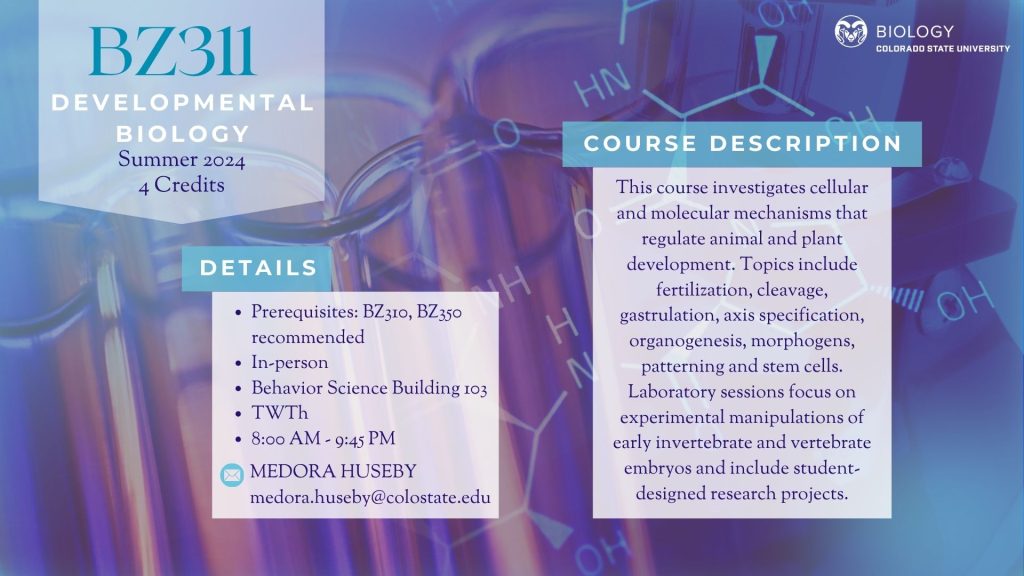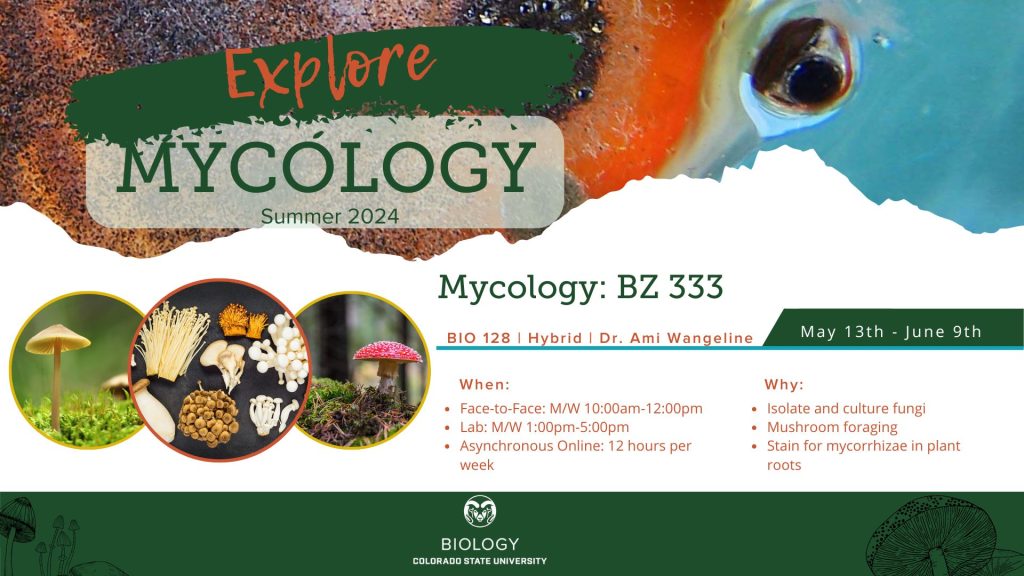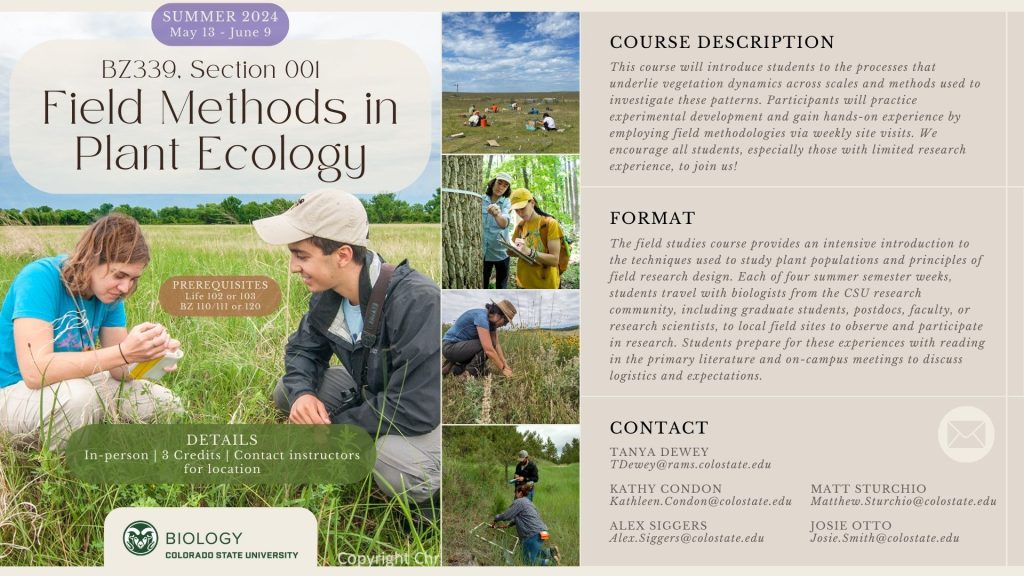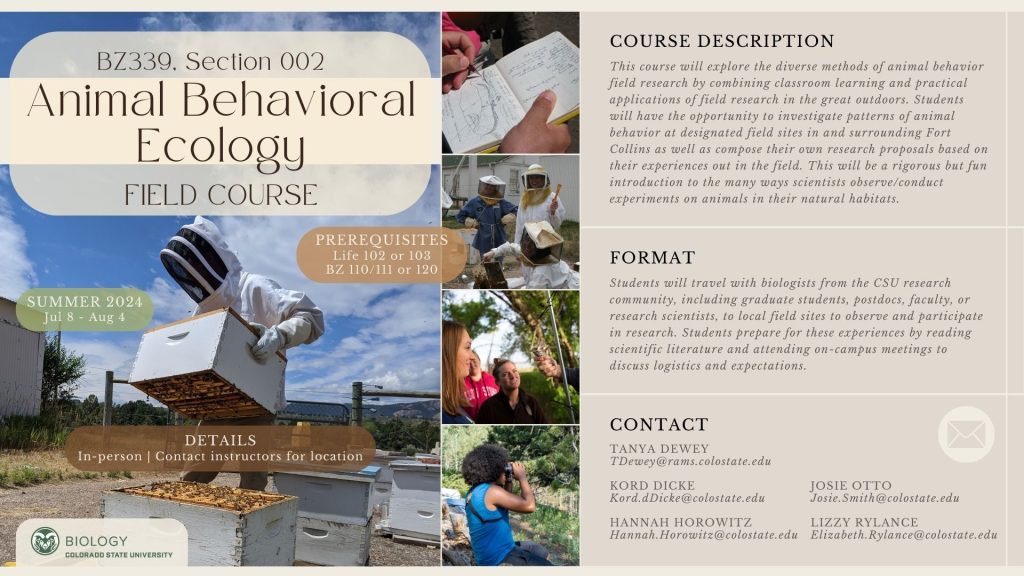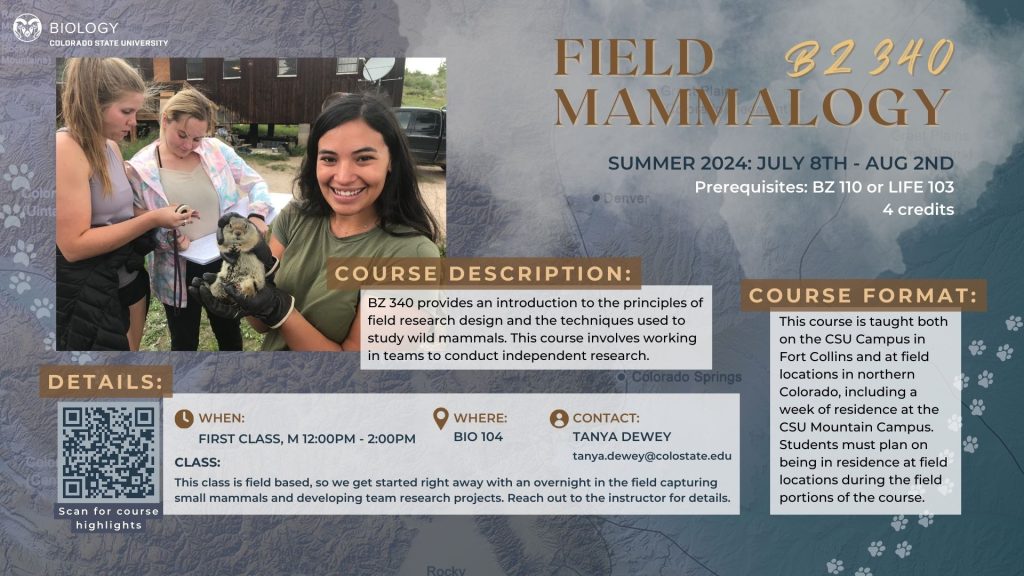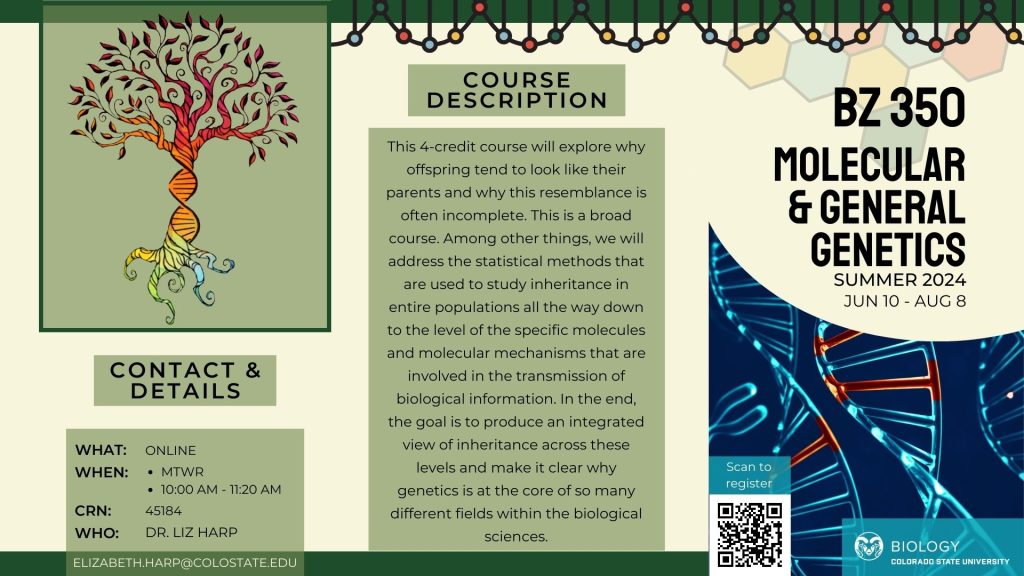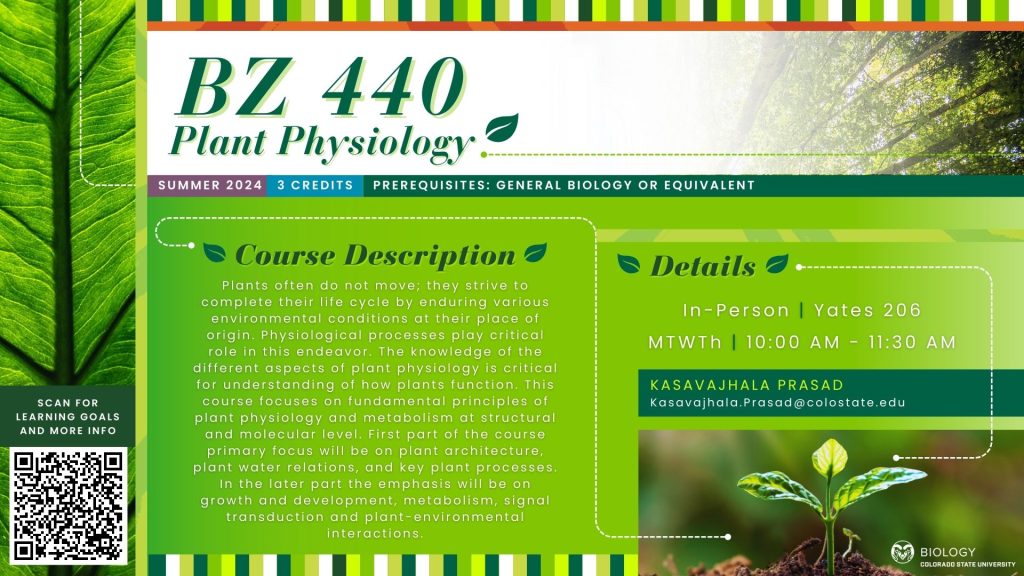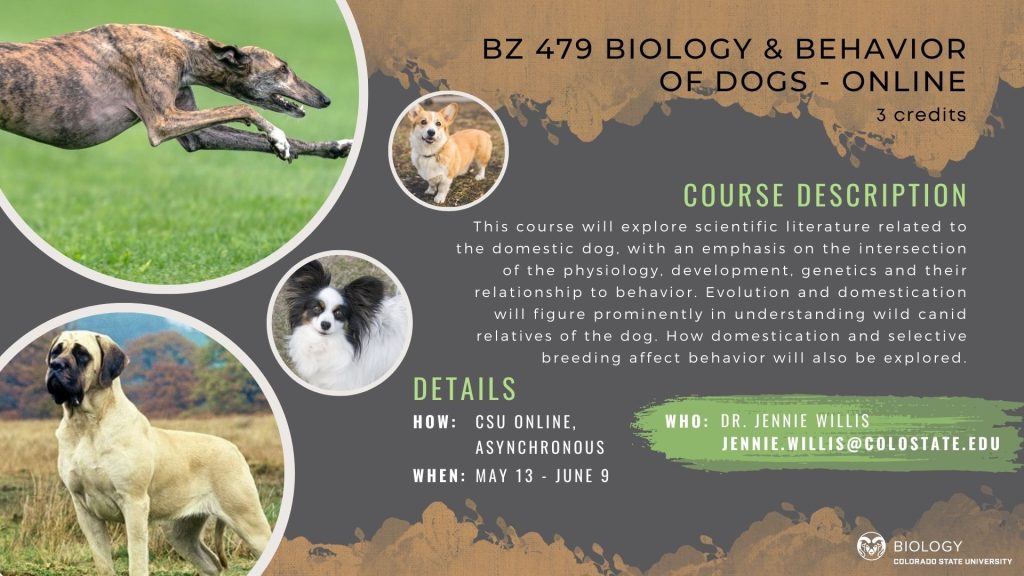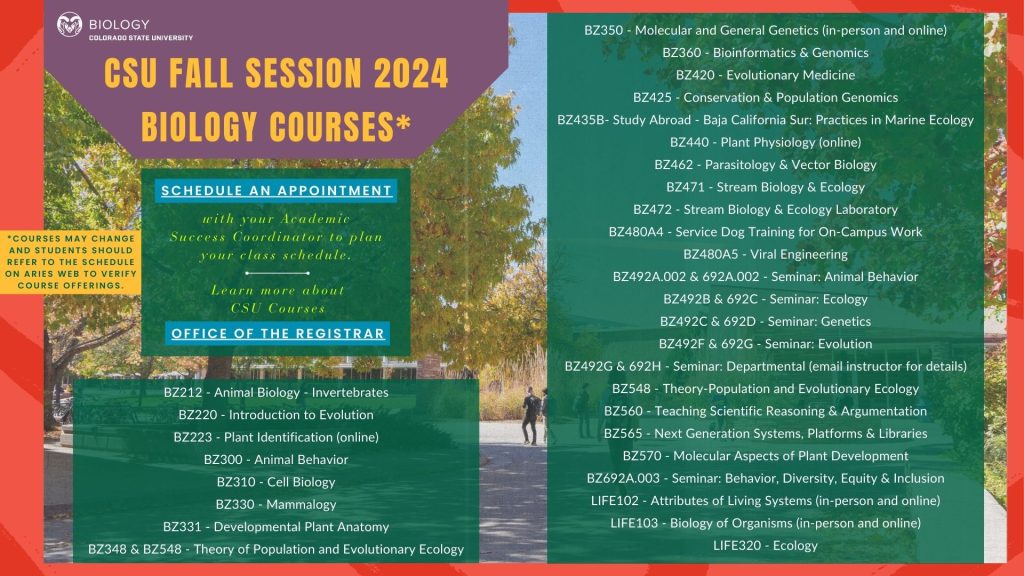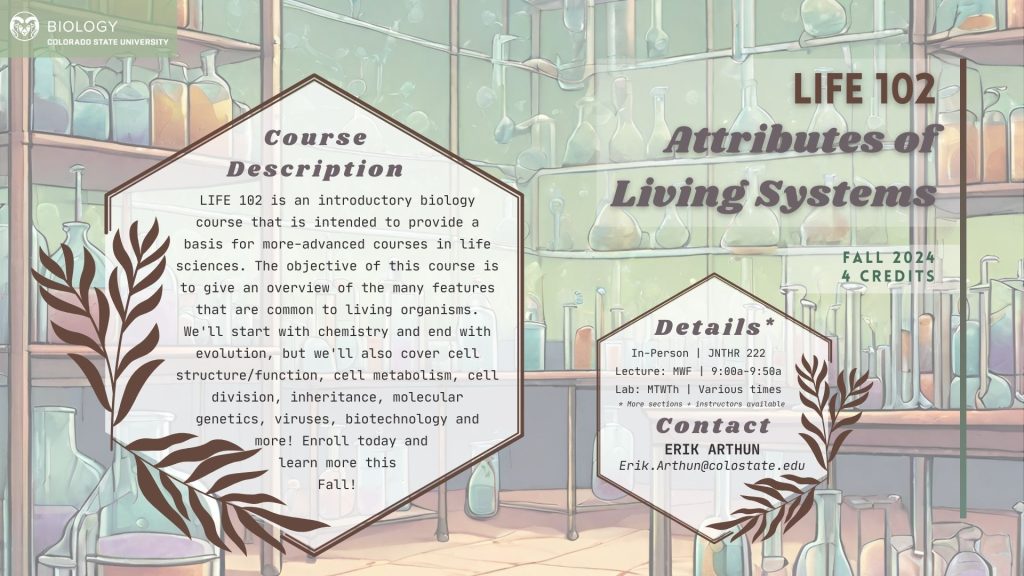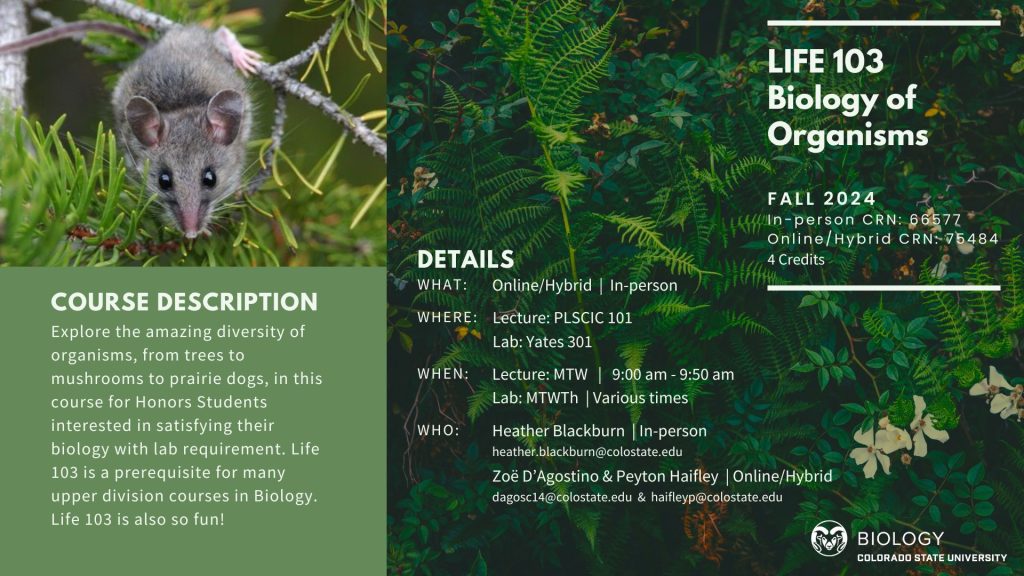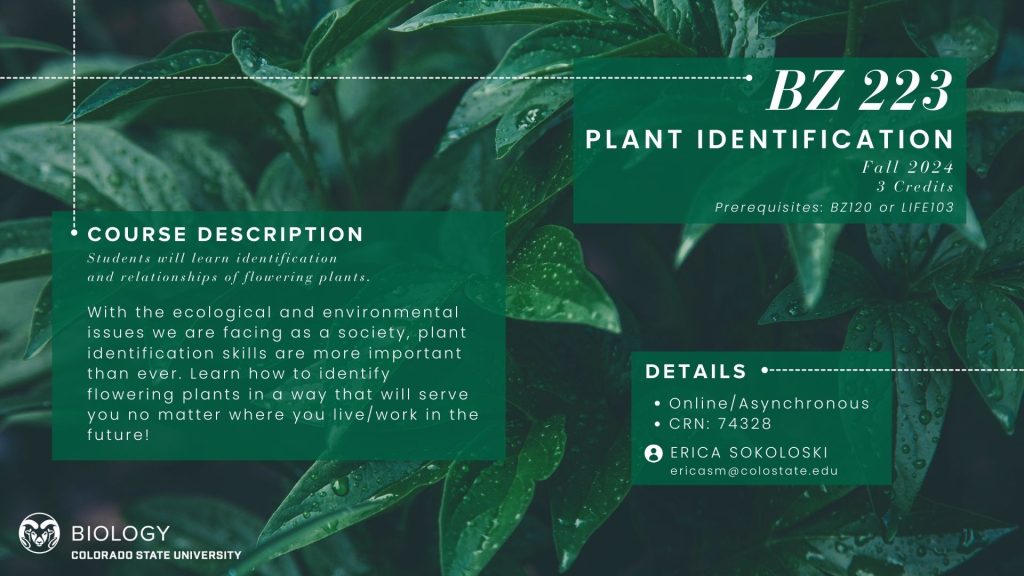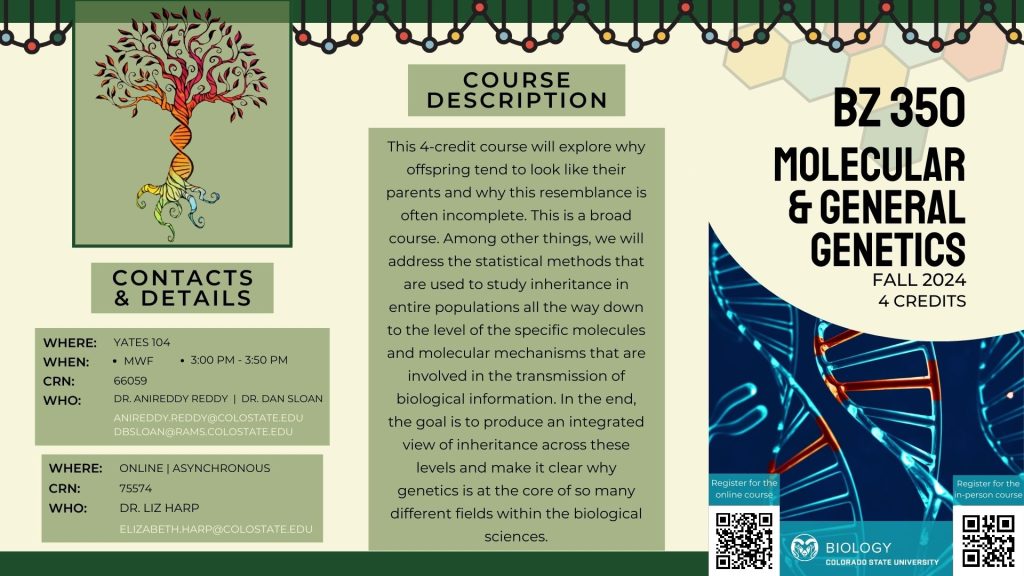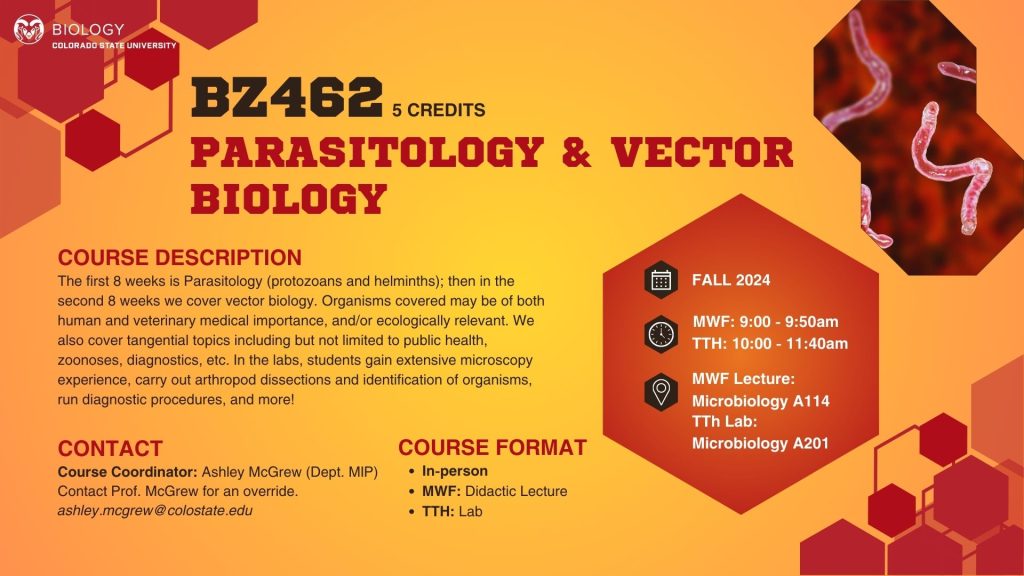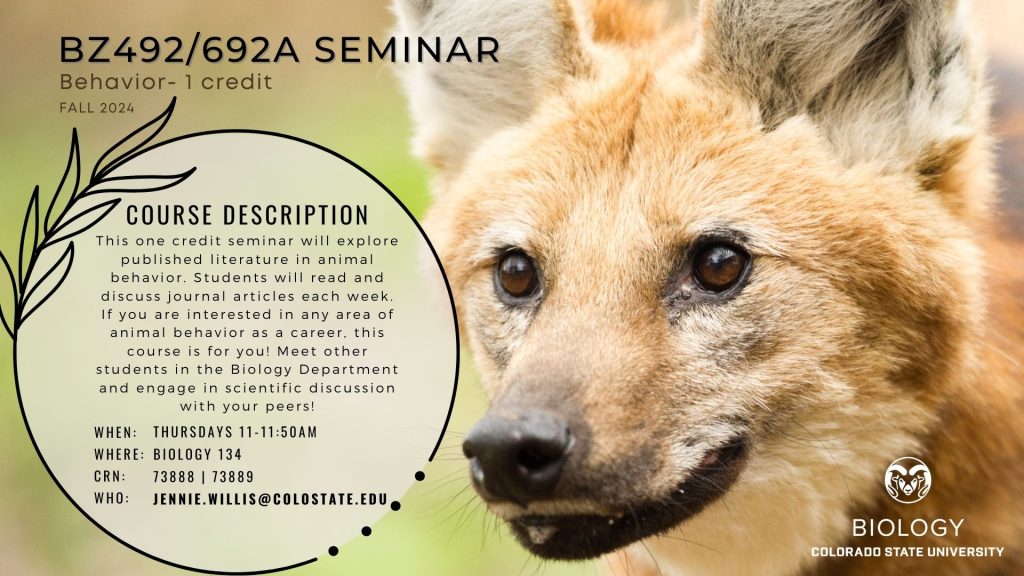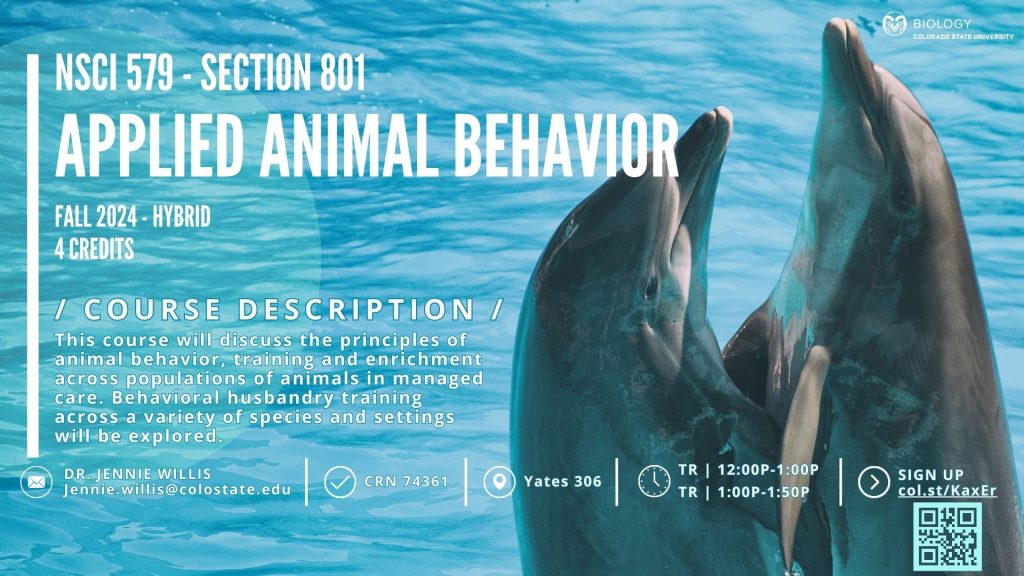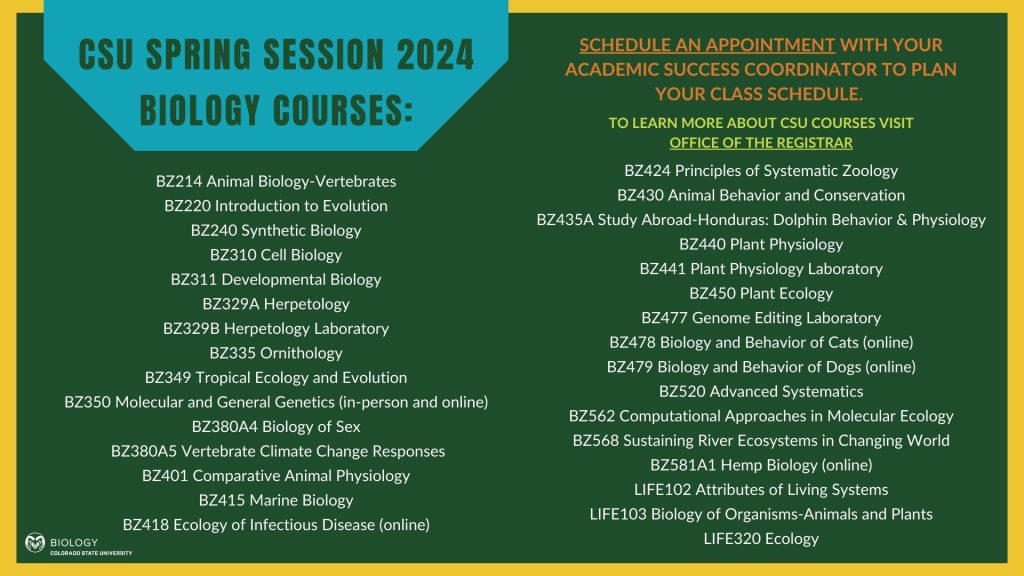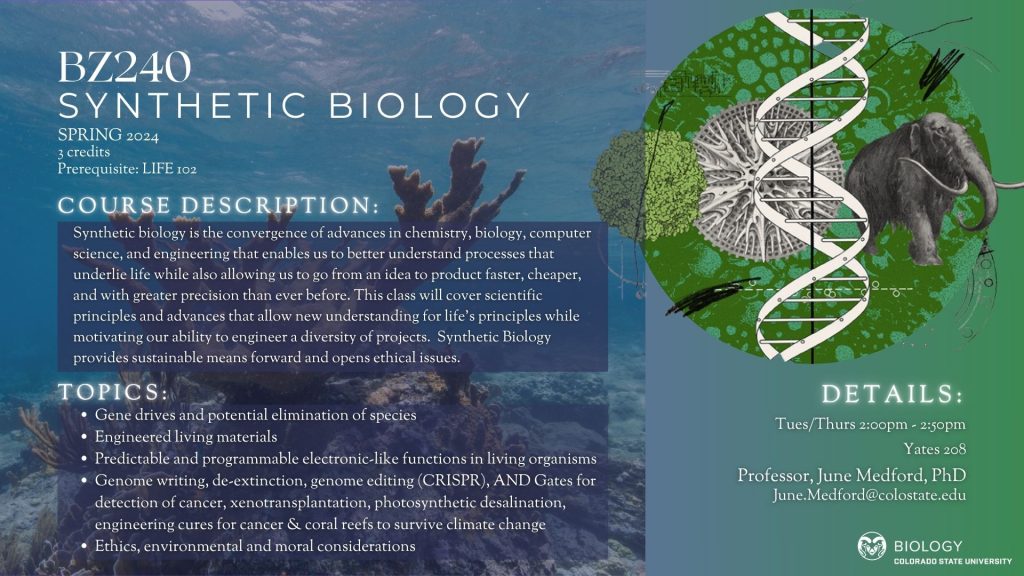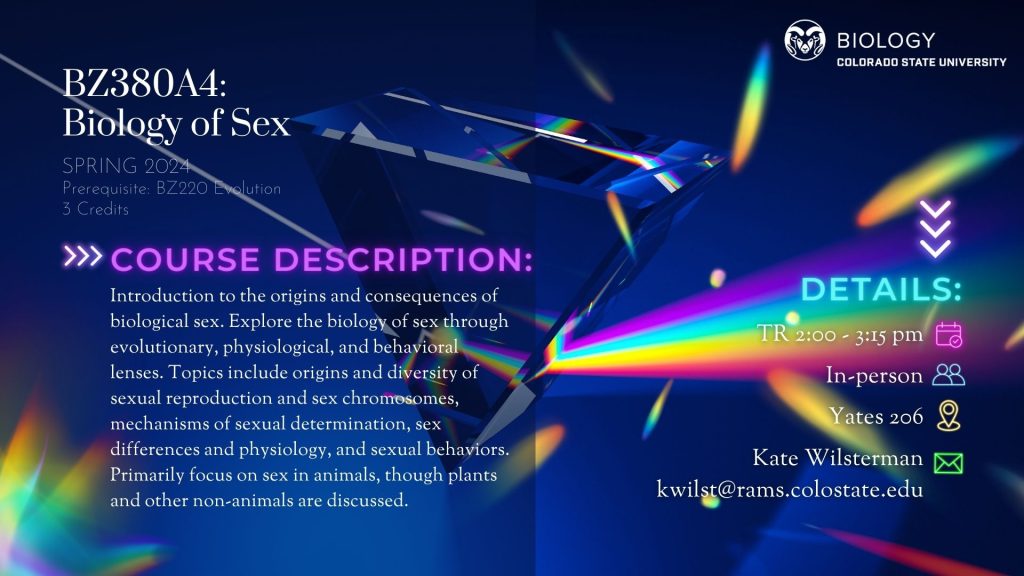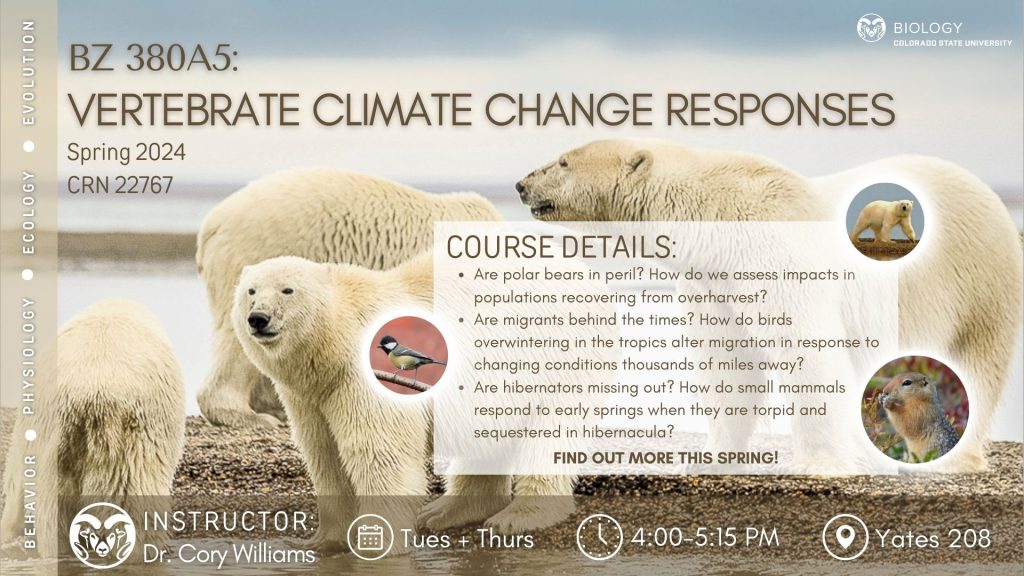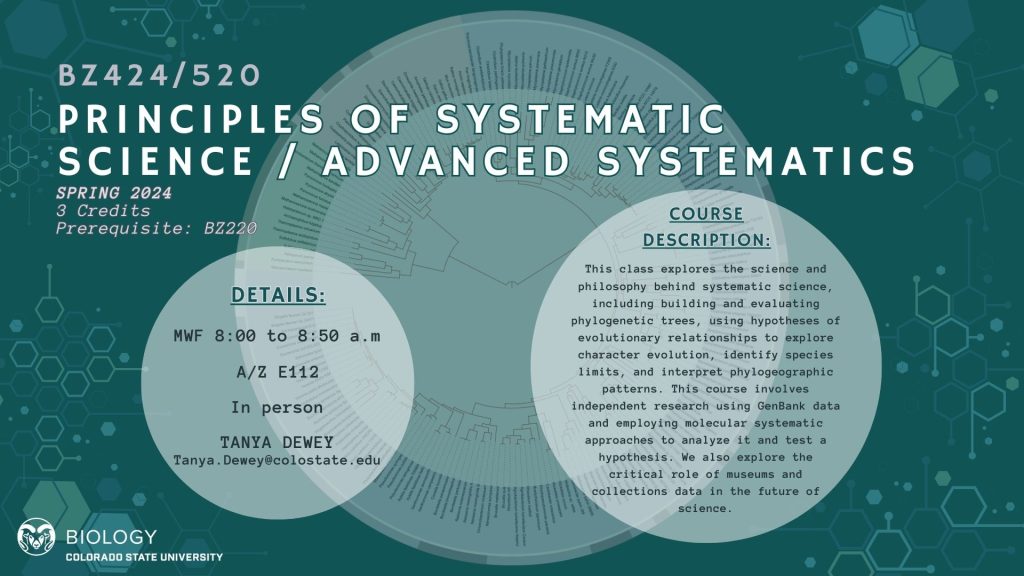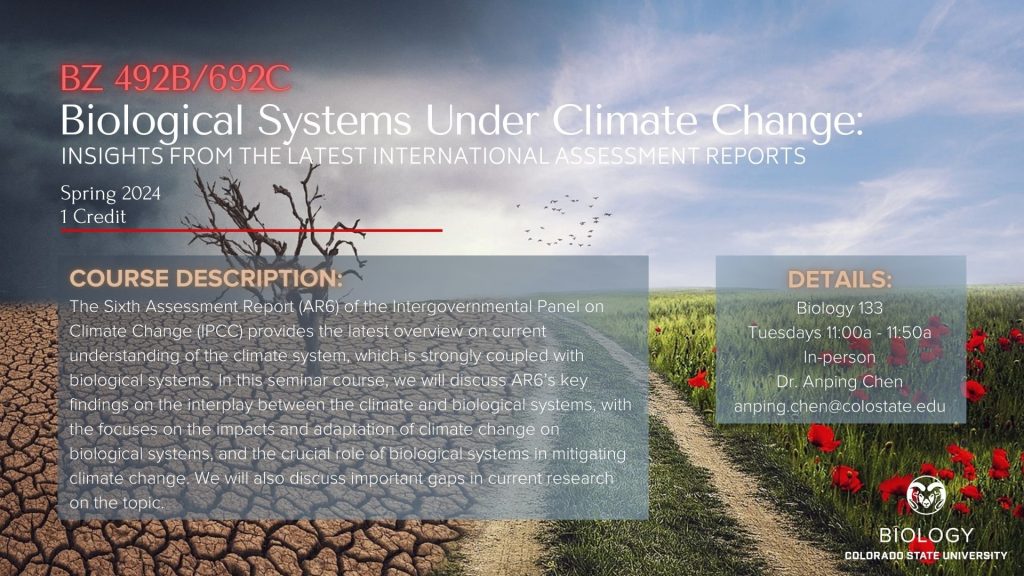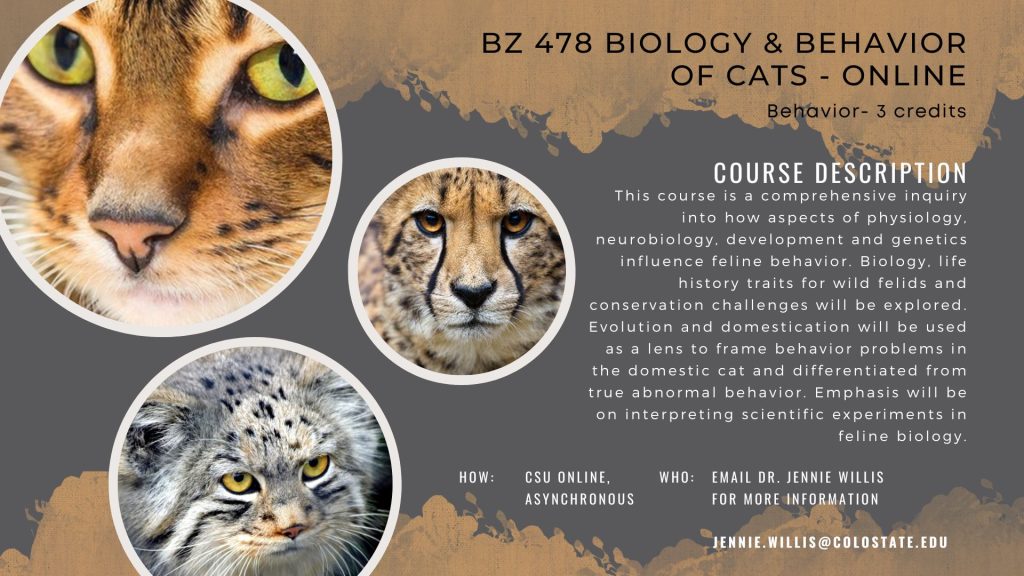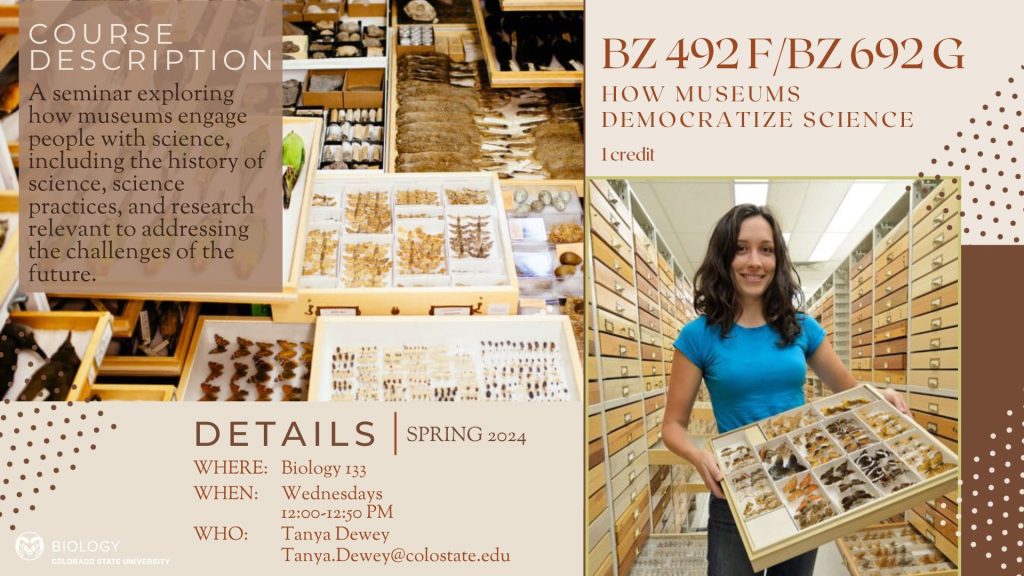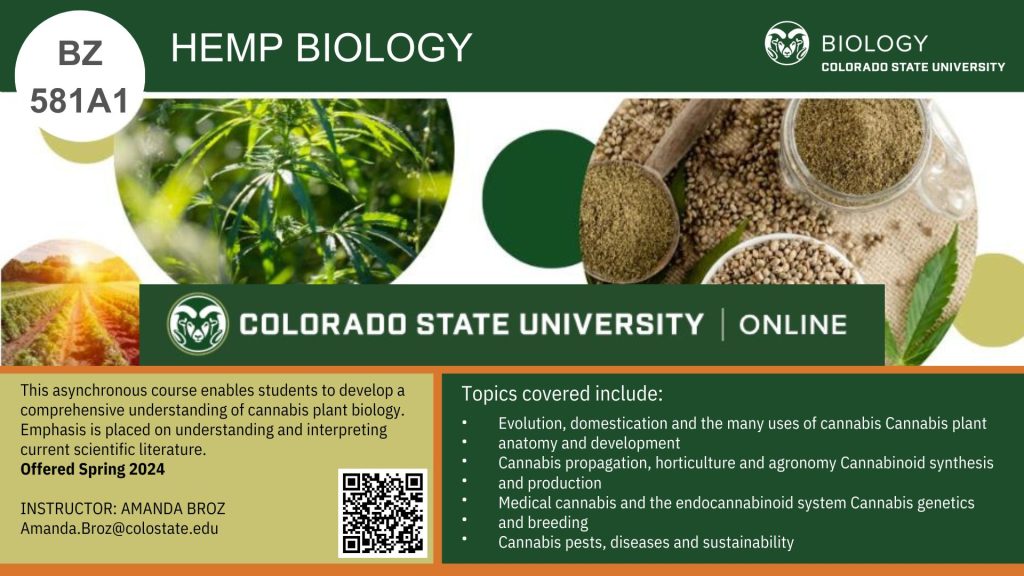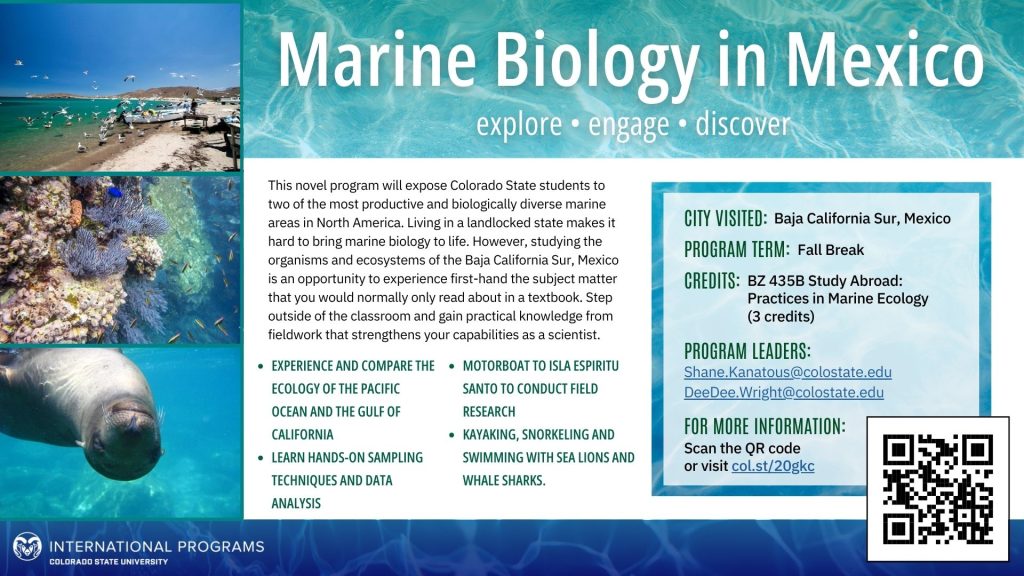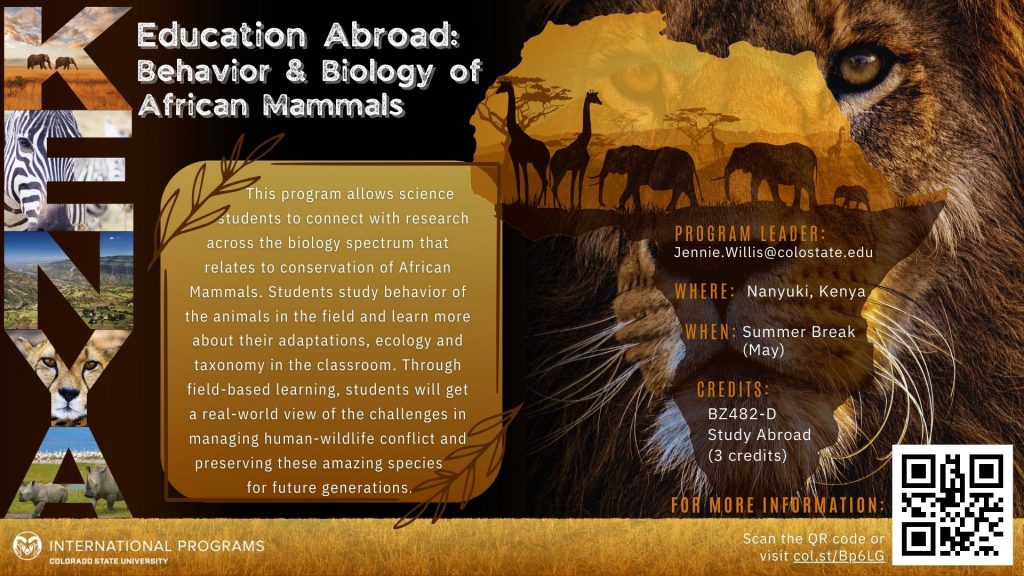Welcome to the Biology Undergraduate Program!
We offer three Bachelor of Science Degree Programs. Our students may major in Biological Science, Biological Science with a concentration in Botany, or Zoology. Undergraduate minors in Botany and Zoology are also offered:
Biological Science
Major in Biological Science
- Biological Science Major Checklist: Up to Fall 2023
- Biological Science Major Checklist: Effective Fall 2023
This curriculum provides a broad background in the basic biological sciences, and permits students to select courses in areas of particular interest. The major is especially useful in meeting the pre-professional requirements in the biosciences. Students desiring this preparation should also check the appropriate pre-professional requirements.
The major is also useful for meeting the broad teaching endorsement requirements for secondary teachers of biological science. See the Teacher Licensure section and the Teaching Endorsement Area Requirements in the School of Education, College of Applied Human Sciences section of the CSU General Course Catalog. Course work in this major may prepare students for graduate work in areas of basic biology or in one of several areas of applied biological sciences. In addition to basic required course work, students have the opportunity to complete a minimum of 18 credits from a broad list of upper division electives. At least 9 of these credits must be “BZ” courses.
To be qualified for graduation, students in the biological science major must have a minimum grade point average of 2.00 in each of their biological, physical science, and mathematical courses used to meet requirements for the major. This applies to courses taken as substitutions for meeting these requirements. The minimum scholastic average acceptable for graduation is 2.00 computed only for courses attempted at Colorado State.
Biological Science with Botany Concentration
Major in Biological Science Botany Concentration
- Botany Concentration Checklist: Up to Fall 2023
- Botany Concentration Checklist: Effective Fall 2023
This curriculum serves both those students who are stopping with a Bachelor of Science degree and those going on to advanced studies. A general introduction to plant life is followed by an emphasis in terrestrial, vascular plant studies. Other emphases are recognized, so students are encouraged to propose course patterns different from the listed program. Students with a broad interest in biology and a liberal education should consider this major for departmental affiliation.
Students are prepared for positions with government agencies, industry, and business. Students desiring to be licensed to teach in junior and senior high schools must complete teaching endorsement requirements in biology. See the Teacher Licensure section and the Teaching Endorsement Area Requirements in the School of Education, College of Applied Human Sciences section of CSU General Course Catalog.
To be qualified for graduation, students must have a minimum grade point average of 2.00. This applies to courses taken as substitutions for meeting these requirements. The minimum scholastic average acceptable for graduation is 2.00 computed only for courses attempted at Colorado State.
Minor in Botany
The Department of Biology offers a minor in botany to provide interested students with maximum breadth and depth in botanical science utilizing a limited number of requirements. The program also serves to broaden the academic background of students seeking employment in the interdisciplinary job market associated with the plant sciences.
Zoology
Major in Zoology
- Zoology Major Checklist: Up to Fall 2023
- Zoology Major Checklist: Effective Fall 2023
This curriculum provides a general education and develops competence in the biological sciences. Students prepare to work in various areas of animal biology or to begin graduate or professional studies. It is an appropriate major for students planning to attend medical or veterinary school.
The major provides a core program with general training in animal biology and the opportunity to take courses in the following areas: animal behavior, aquatic biology, ecology, genetics and evolution, invertebrate organisms, cellular/molecular biology and physiology, systematics and morphology, or vertebrate organisms. Students desiring to be licensed to teach in junior and senior high schools must complete teaching endorsement requirements in biology. See the Teacher Licensure section and the Teaching Endorsement Area Requirements in the School of Education, College of Applied Human Sciences section of the CSU General Course Catalog. To be qualified for graduation, students in the zoology major must have a minimum grade point average of 2.00 in each of their biological, physical science, and mathematical courses used to meet requirements for the major. This applies to courses taken as substitutions for meeting these requirements. The minimum scholastic average acceptable for graduation is 2.00 computed only for courses attempted at Colorado State.
Minor in Zoology
The minor in zoology is a useful complement to a major in animal science, botany, fishery biology, geology, natural resource recreation and tourism, or wildlife biology.
Minors
Minor in Botany
The Department of Biology offers a minor in botany to provide interested students with maximum breadth and depth in botanical science utilizing a limited number of requirements. The program also serves to broaden the academic background of students seeking employment in the interdisciplinary job market associated with the plant sciences.
Minor in Zoology
The minor in zoology is a useful complement to a major in animal science, botany, fishery biology, geology, natural resource recreation and tourism, or wildlife biology.
Classes
Course Snapshots
LIFE 102 – Attributes of Living Systems: This course is an introductory biology course that works well for both incoming Freshmen and outgoing Seniors. It not only provides a basis for more-advanced courses in life sciences, but also serves as an effective review for more-advanced students.
BZ223 – Plant Identification: With the ecological and environmental issues we are facing as a society, plant Identification skills are more important than ever. Learn how to identify flowering plants in a way that will serve you no matter where you live/work in the future!
BZ311 – Developmental Biology: The details of life are important. Join us in developmental biology, where we discuss how organisms form.
BZ300 – Animal Behavior: For anyone interested in understanding how and why animals do what they do!
BZ440 – Plant Physiology: Who is this course for? • Students who are interested in understanding various facets of plant functions at cellular, organellar and whole plant level during its life time. • Students who also wants to learn various physiological aspects at the molecular level and how these processes regulate the plants response to changing environment conditions which in turn influences their growth and productivity. • The main target groups are upper-division undergraduate students with backgrounds/career interests in Biology, Horticulture, Soil and Crop Science, Forestry, Rangeland Ecology, and related areas. Graduate students conducting research in similar fields are also welcome. • Those students who want to pursue plant research related jobs in private sector, federal and state institutions are encouraged to enroll as this course fulfils their basic requirements.
BZ339 Section 001 – Animal Behavioral Ecology Field Course: Study Behavioral Ecology in the Field this Summer!
BZ339 Section 002 – Field Methods in Plant Ecology: Great opportunity for gaining experience in field-based plant research this summer!
Course Snapshots
LIFE 102 – Attributes of Living Systems: This course is an introductory biology course that works well for both incoming Freshmen and outgoing Seniors. It not only provides a basis for more-advanced courses in life sciences, but also serves as an effective review for more-advanced students.
BZ223 – Plant Identification: With the ecological and environmental issues we are facing as a society, plant Identification skills are more important than ever. Learn how to identify flowering plants in a way that will serve you no matter where you live/work in the future!
BZ300 – Animal Behavior: For anyone interested in understanding how and why animals do what they do!
Course Snapshots
BZ424/520 – Principles of Systematic Science/Advanced Systematics: Students interested in developing and evaluating phylogenetic hypotheses and the many real-world applications of systematic science should consider this course, which allows them to develop research skills relevant to evolutionary biology.
BZ492F/692G – How Museums Democratize Science: As part of CSU’s Democracy and Civic Engagement Thematic Year, Biology is offering a seminar on the role of museums and collections in engaging the public in science.
Our Education Abroad programs are as diverse as they are enticing! Check out our programs and learn more about these incredible opportunities here: CSU | Education Abroad | Recommended CNS Programs Abroad
Learn more about CSU’s Education Abroad Programs here: CSU | Education Abroad
Speak with an advisor to see if these programs are right for you!: CSU | Biology | Advising
APPLICATION DEADLINES
Marine Biology in Mexico: For Fall 2024, apply by April 15th – APPLY
Dolphin Behavior & Physiology in Honduras: For Winter 2024, apply by May 1st (priority deadline) and September 15th (final deadline) – APPLY
Ecology, Evolution, & Conservation of Biodiversity in Ecuador: For Winter 2024, apply by May 1st (priority deadline) and September 15th (final deadline) – APPLY
Behavior and Biology of African Mammals in Kenya: For Summer 2025, apply by December 1st (early deadline) and February 15th (final deadline) – APPLY

